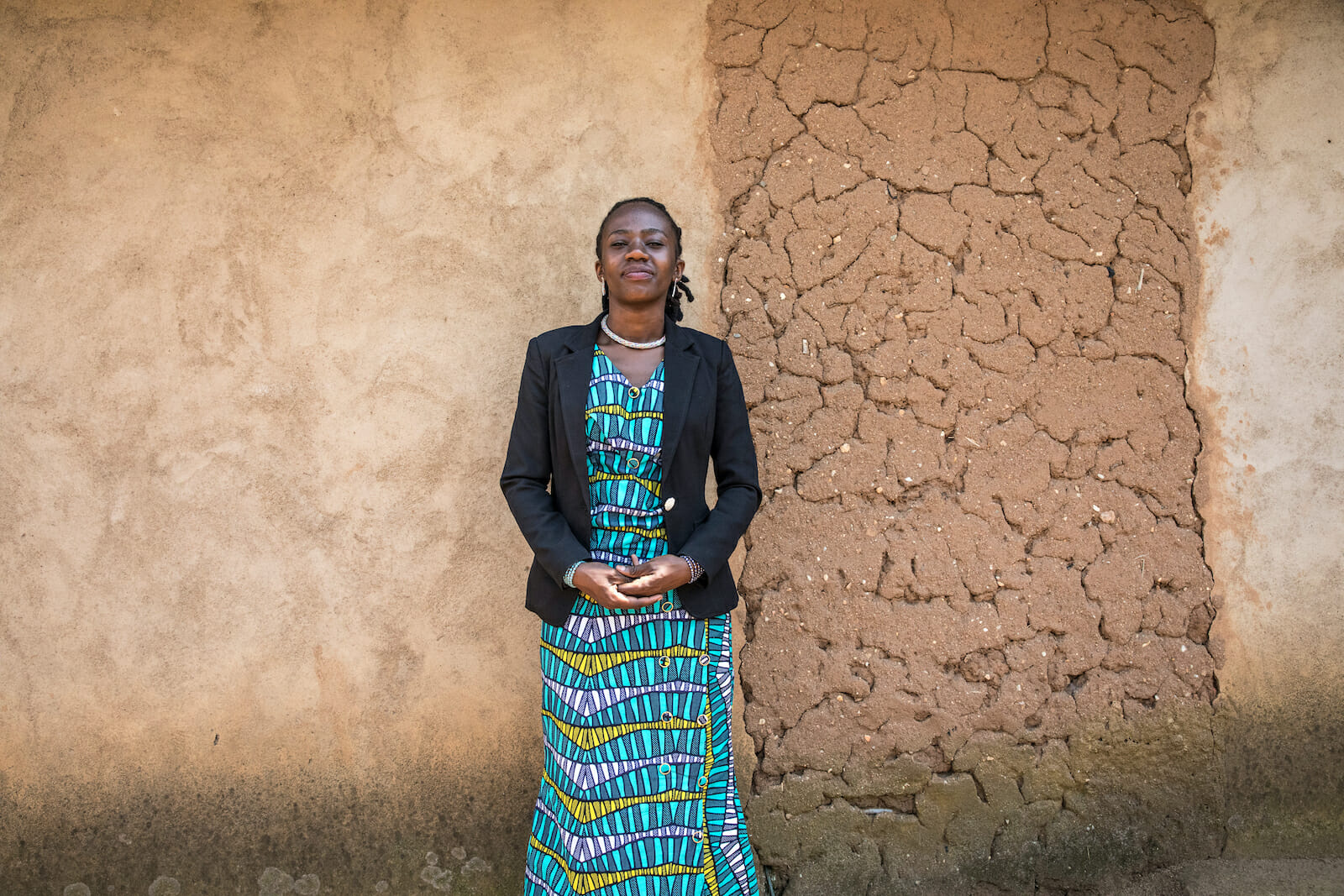
America Needs a New Approach to Africa
Through both of the presidential debates, there was not a single mention of American policy towards Africa.
While the United States has troops and drones flying in multiple African countries, Africa has never been an overriding focus of the president’s rhetoric. Yet during the past four years, the continent was ignored by the Trump administration even more than previous administrations.
President Trump has not visited any country in Africa once in his four years. President Obama, by contrast, visited seven African countries during his presidency, including making a trip to Ghana in his seventh month in office, where he met President Mills and toured the historic departing point of a slave ship. Presidents Bush, Clinton, H.W. Bush, and Carter all made Africa trips, too.
When Africa has come up in Trump’s comments, the connotation has been negative. At a 2018 meeting, Trump asked why the United States took immigrants from “all these shithole countries,” while referring to African nations. Overall, Trump has projected a lack of interest in promoting foreign cooperation and development anywhere in the world as part of his “America First” agenda.
This lack of attention to Africa could have dire consequences for America. China is making inroads, buying up resources to deny them to the West, and taking advantage of the vacuum created by the absence of U.S. engagement.
For Africa, however, “America First” has startlingly benefited Africa. It has sent an unmistakable message: you are on your own, and you need to find a way to solve your own problems. And African countries and the African community have responded by taking up the challenge.
Look at the responses to the coup in Mali in August. Both the African Union and the Economic Community of West African States (ECOWAS) took the lead on imposing sanctions and calling for a transition to civilian rule.
I had the chance to talk to South African industrialist and philanthropist Ivor Ichikowitz recently, and he mentioned the changing attitudes among African governments and African youths, who will be taking the lead in the future. Ichikowitz, whose foundation conducted its inaugural Africa Youth Survey this year, pointed to the results showing young Africans as being confident, aspirational, and independent, ready to push into the future with or without America’s support.
“Whether America believes Africa is important to America or not, Africans see America as important. Africa represents one of the last untapped markets for America to exploit,” Ichikowitz said.
Indeed, 74 percent of Africans cited the United States as having a significant influence in the region, with 83 percent of them calling it a positive influence. While a slightly larger percentage said China was influential, fewer called China’s influence positive. But if America lets China take the lead, America’s influence will decline further relative to China’s.
Africa is already being viewed by China as a battleground in the “new cold war” whether the United States likes it or not. “I think that the Chinese started this new cold war before the Americans even knew it was in play,” Ichikowitz said. “The next generation of technology requires raw materials and rare earth minerals, which are all Africa-centric. The Chinese started securing those assets so others could not put their hands on them.”
This has been happening for more than a decade but has gone somewhat under-reported. As far back as 2010, scholars were asking whether China was trying to “lock up” resources across the globe.
China does import a large amount of resources for immediate use—so much so that China accounts for more than 40 percent of all exports of some ten resource-rich African nations. In fact, exports to China made up 95 percent of South Sudan’s exports in 2017. While South Sudan and Angola (61 percent) are sending mostly petroleum to the world’s largest oil importer, minerals do factor heavily into China’s imports, too, including cobalt from the Congo and Sierra Leone’s titanium.
But China is also purchasing the rights to large amounts of resources that they are not exploiting now or in the near future. Part of that is to hold rights it might need in the future. But another reason for China’s huge resource investment is to block other countries from having access to those resources. They are not creating jobs, which is what Africans want most.
“The Chinese started securing those assets so others could not put their hands on them. There is already an oversupply. Once China controls the rights, they have a massive negotiating advantage. The Chinese have not acquired those assets to trade them,” Ichikowitz said.
Africans do not want to be too dependent on either China or the West. High debt loads in some countries, workplace controversies, and mistreatment of workers have created a perception of a new colonialism amongst some. Anti-China sentiment presents an opportunity for the U.S. to rebuild its position in Africa. Yet Africans do not welcome neo-colonialism from America, either.
The U.S. must not think it is in a position to force African countries to choose against China. Young Africans do not want to be put in the middle of a battle between two superpowers’ national interests. They still see the legacy of colonialism, and 68 percent believe that foreign investment serves as modern-day economic colonialism.
“The responsible countries are going to find a way to balance between China and America,” Ichikowitz said. “There are enough responsible countries that are going to be able to strike that balance.”
The generation of Africans growing and taking posts in government and business now has been unaffected by Soviet influence. They don’t view the world in terms of stark Cold War divisions.
The United States still maintains a favorable image in Africa due to its culture, its opportunity, and its spirit of entrepreneurship, a spirit that is shared by young Africans. “The U.S. has a disproportionate influence over Africans. Africans are aspirational,” Ichikowitz said.
The U.S. government does have some programs in place to help take advantage, but they haven’t been utilized to their full potential. For example, the Prosper Africa program has been launched during the Trump administration to mobilize resources through sixteen agencies, including USAID and the Export-Import Bank. But the program cannot make up for existing cuts and proposed future cuts of up to ten percent in aid to Africa.
For the U.S. to maximize its benefits in diplomacy with African countries, the U.S. should maintain and strengthen its programs, including programs carried over from the Obama administration, like Power Africa.
But the United States needs to act sooner rather than later. If it does not, it will just be another missed opportunity, yet more disappointment for both the U.S. and Africa.
“There is a moment in history right now where the baton of leadership is being handed to a new generation of young Africans, who are not under the influence of the communist system; a generation that aspires to the American way of life,” Ichikowitz summarized. “They will either be receptive to America or disappointed. There is a window of time now, it’s about a three-year window, maybe four or five years for a window of opportunity.”

